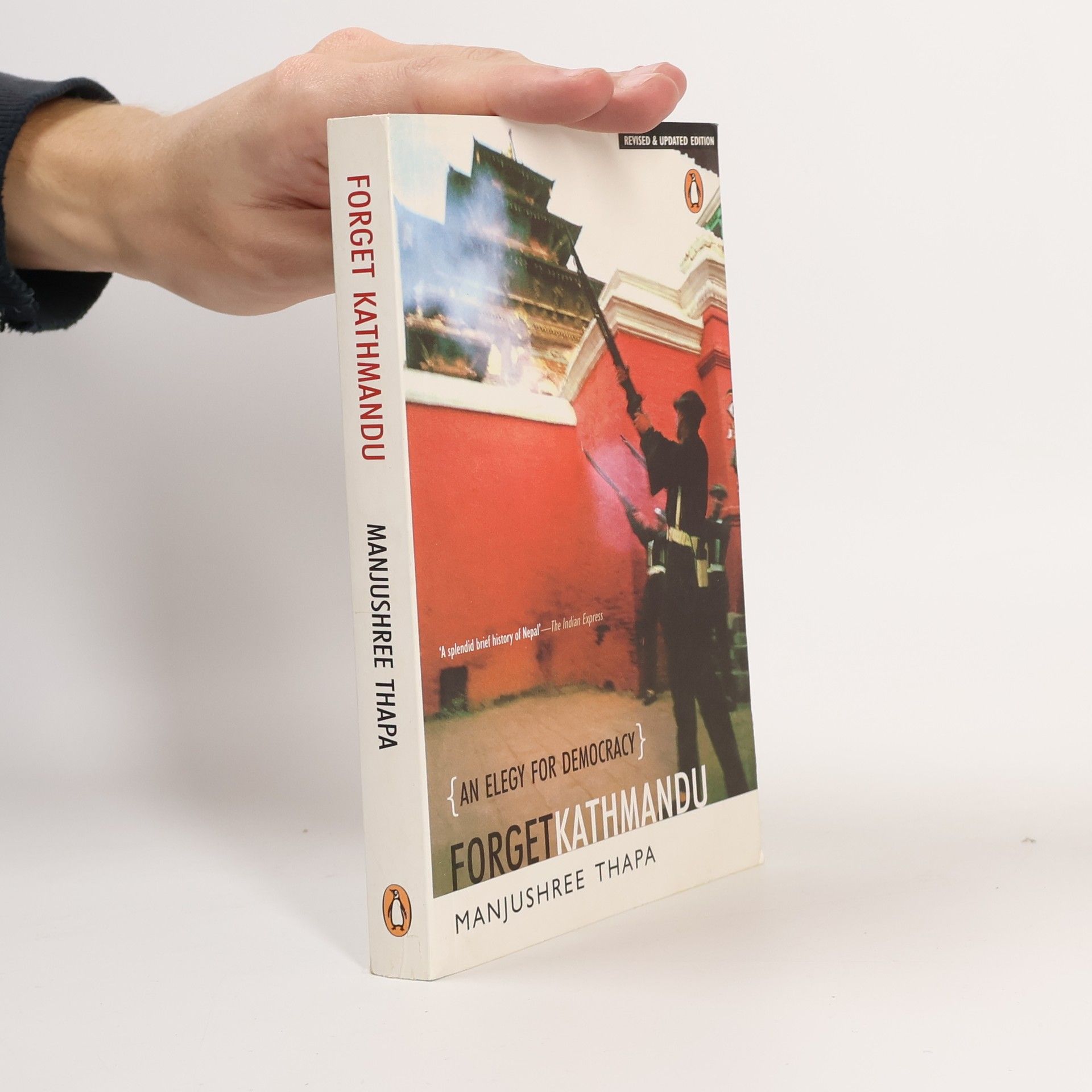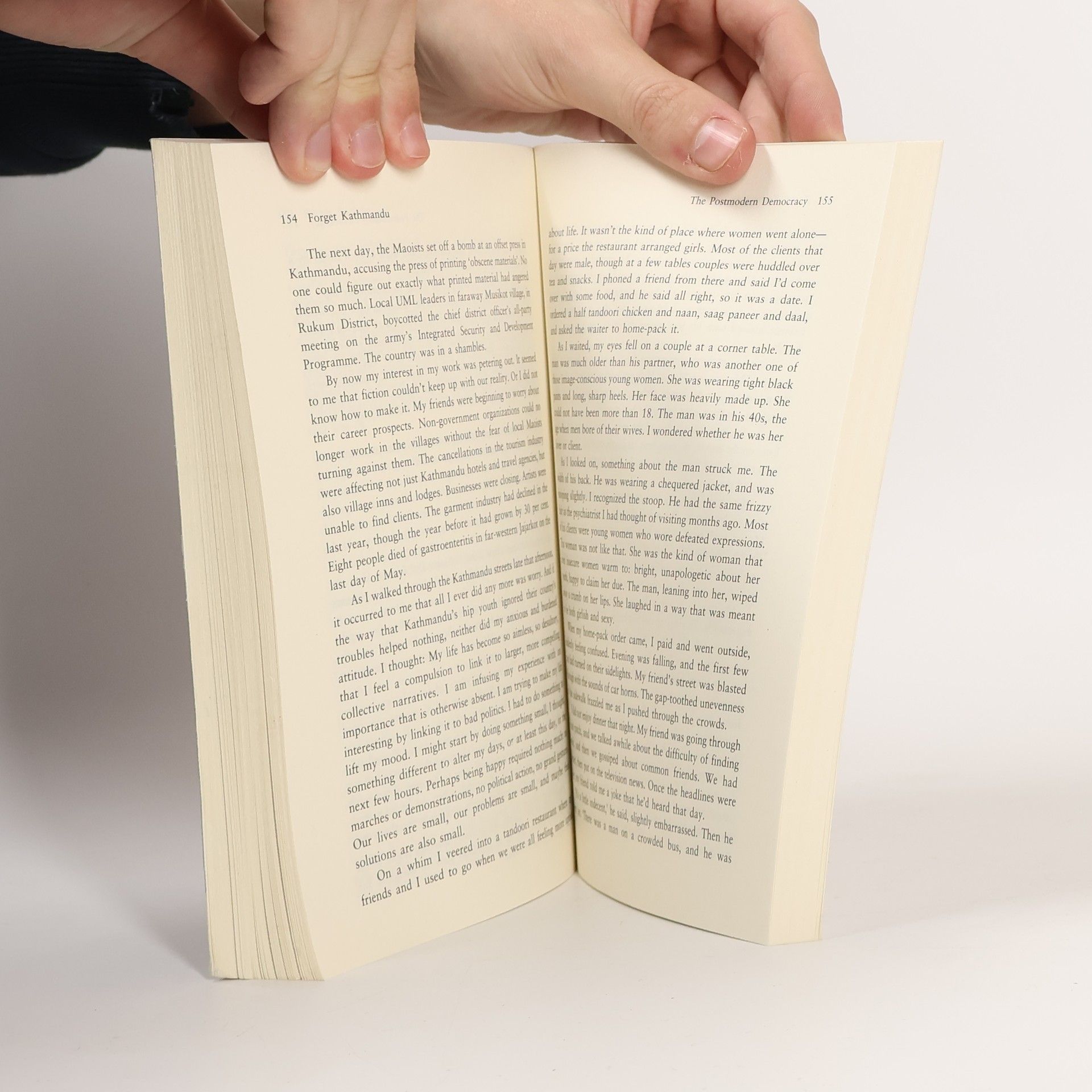Parametry
- 265 stránek
- 10 hodin čtení
Více o knize
In June 2001, King Birendra Bir Bikram Shah was killed in a massacre at Kathmandu's Narayanhiti Royal Palace, allegedly by his son, the Crown Prince, drawing global attention to Nepal. Since then, a violent Maoist insurgency and state counter-insurgency have claimed thousands of lives, and the parliamentary democracy established in 1990 has been lost. The future of civil war and the restoration of popular government remain uncertain. Manjushree Thapa's insightful study delves into the tangled politics of Nepal, beginning with the Narayanhiti massacre and its aftermath. She traces the chaotic history of Nepal's monarchy since the 18th century and the struggle for genuine democracy in the 20th century. Thapa also recounts her trek into Maoist-held territories in West Nepal, where poverty persists, human rights abuses rise, and children as young as thirteen are drawn into conflict. This work blends history, reportage, memoir, and travel writing, offering a profound examination of Nepal's past and present. Thapa’s narrative is marked by insight and clarity, making it one of the finest recent non-fiction works from the subcontinent. Critics praise it as a compelling mix of memoir, history, and analysis, reflecting on the turmoil and challenges faced by her country.
Nákup knihy
Forget Kathmandu : an elegy for democracy, Manjushree Thapa
- Jazyk
- Rok vydání
- 2005
- product-detail.submit-box.info.binding
- (měkká),
- Stav knihy
- Dobrá
- Cena
- 85 Kč
Doručení
Platební metody
Tady nám chybí tvá recenze.




